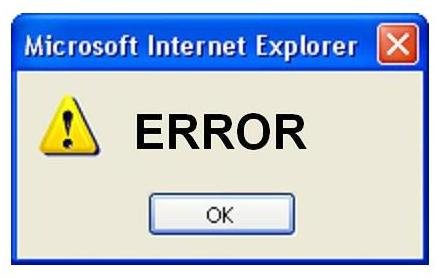
Don’t give mistakes more power than they deserve. Usually, if you’re conscientious, you don’t make major mistakes. When you do, learn from them. Learn from them, but don’t dwell on them. Dwelling on them won’t change them and won’t make them go away! And don’t let the possibility of error lead you to become terrified of error. Being correct is preferable to error. But error is rarely if ever, in most people’s lives, a physical danger. Once having discovered an error, you are stronger–not weaker–in that you now have more knowledge than you had before. You can’t logically look at it as, ‘Well, I SHOULD have been right. I SHOULDN’T have made that error.’ To say this is tantamount to implying that, ‘I should be infallible.’ This is emotional reasoning of the crudest kind, and it’s not rational, commendable or healthy. It’s no wonder so many people suffer from “anxiety and depression.”
These emotional problems are symptoms, not causes. They are symptoms of many unjustified expectations, assumptions and conclusions–about oneself, or others. Messed up thinking leads to emotional conflict. If you want to cure your “anxiety and depression,” your “anger management issues” or anything else, follow the thinking patterns. The purpose of a therapist/professional is to help you do this. If someone “needs help,” that’s what they need: Help figuring out and–where necessary–correcting their own thinking. One example of thinking correction is what I just gave you: Correcting the false belief that all mistakes are catastrophes and that you should be infallible. Remember that you’re not aware of all your thinking. Much of your thinking is subconscious, in the form of hidden premises, assumptions or ideas. Not all of these ideas are true, productive or tenable. Bring them out into the open and decide if you want to keep letting all of them rule your life.
